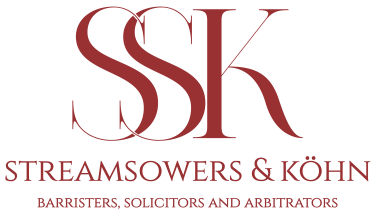
Regulatory and institutional structure
Nigeria’s communications sector is primarily regulated by the Nigerian Communications Act (NCA) and the Wireless Telegraphy Act (WTA). The NCA established the Nigerian Communications Commission (NCC), which is charged with the responsibility of regulating the communications sector. The Minister of Communications and Digital Economy (the Minister) under the NCA is responsible for the formulation, determi nation and monitoring of the general policy for the communications sector with a view to ensuring, among other things, the utilisation of the sector as a platform for the economic and social development of Nigeria, the negotiation and execution of international communications treaties and agreements, on behalf of Nigeria, between sovereign coun tries and international organisations and bodies, and the representation of Nigeria, in conjunction with the NCC, at proceedings of international organisations and on matters relating to communications. Under the NCA, the NCC is authorised to make and publish regulations and guide lines to give effect to the full provisions of the NCA, among other things.

